
- Article
- Article
The epilepsy diagnosis
Epilepsy exists between the mind and body, something that Aparna Nair experienced for herself when she was diagnosed as a teenager.
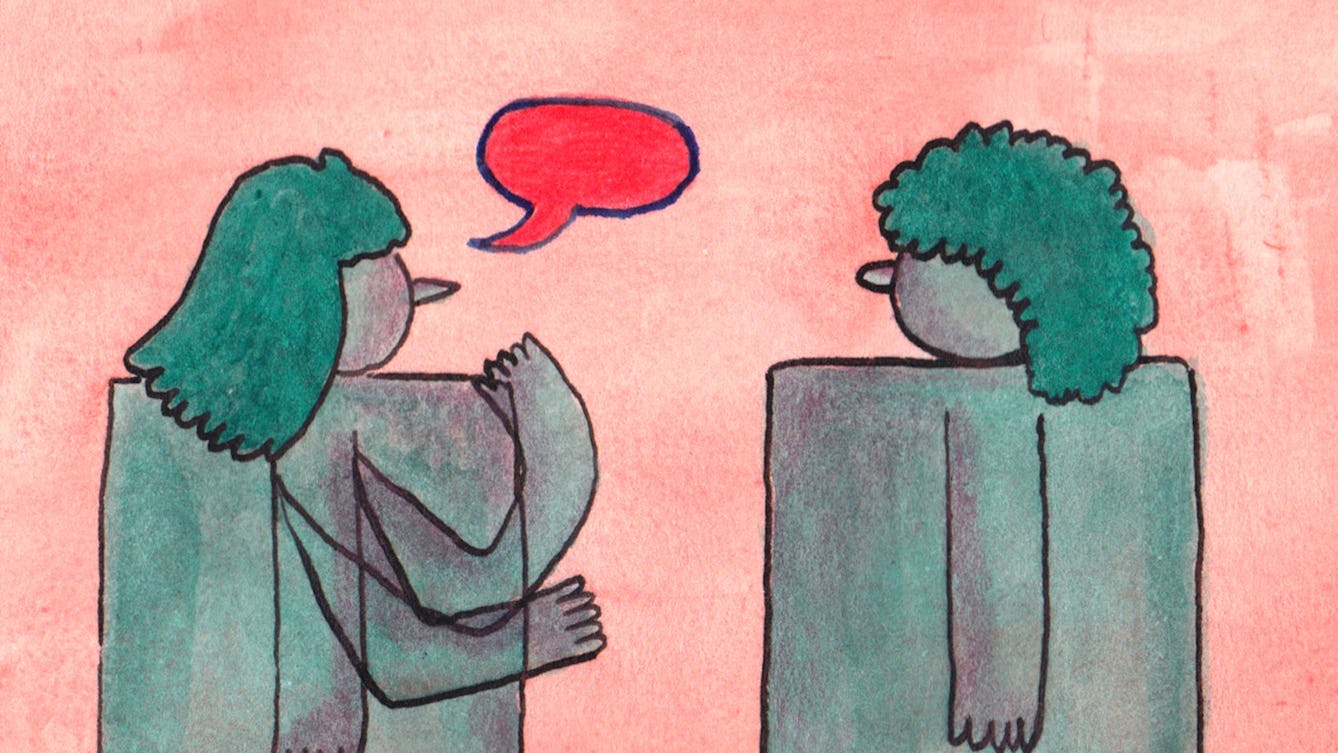
- Comic
- Comic
Laughter
The loudest medicine.

- Article
- Article
My mother, and metaphors of a pandemic
A pandemic. Two members of one family, living thousands of miles apart. And months of calls and messages that helped them grow closer.

- Article
- Article
Are doctors medical detectives?
Do doctors really identify medical conditions in the same way that detectives solve crimes? Neurologist Jules Montague makes her diagnosis.

- Article
- Article
Drugs in Victorian Britain
Many common remedies were taken throughout the 19th century, with more people than ever using them. What was the social and cultural context of this development?

- Article
- Article
The power of unicorns
Discover the unlikely connection between pharmaceuticals and unicorns.
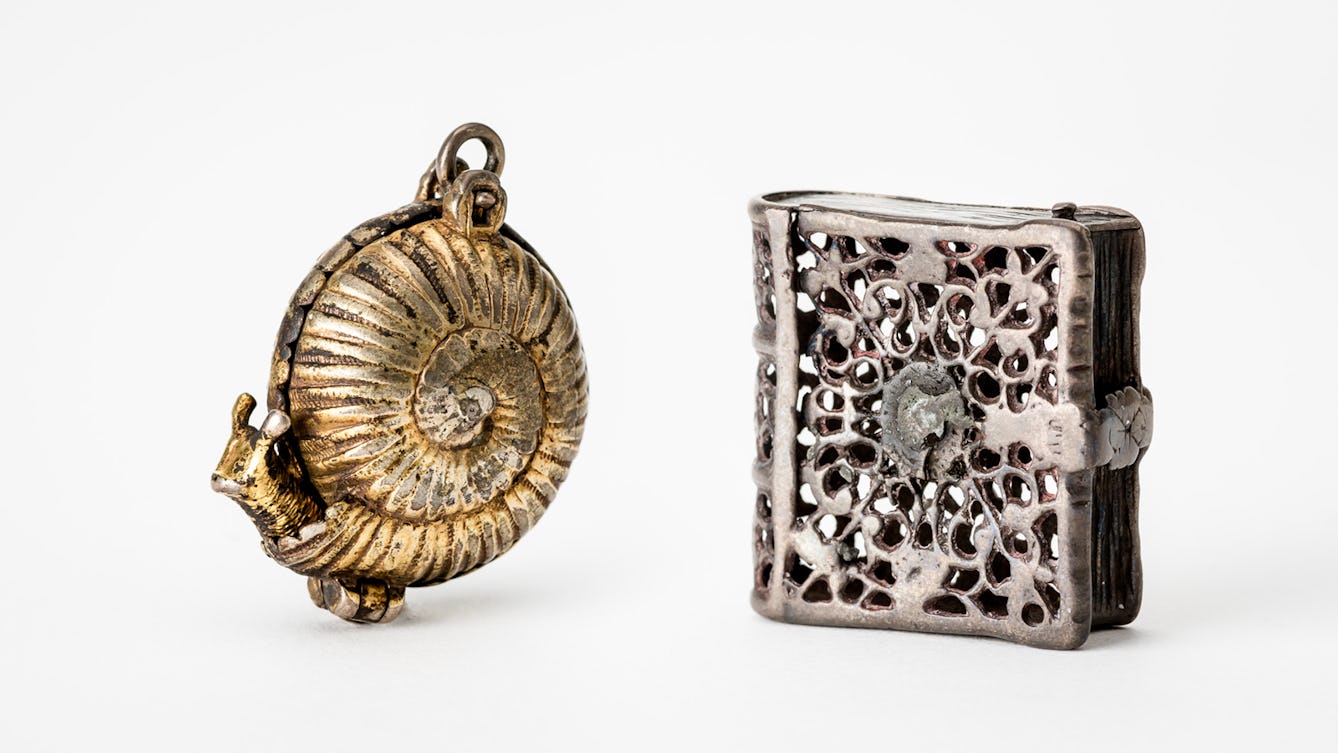
- Article
- Article
The Key to Memory: Follow your nose
Elissavet Ntoulia explores what a pair of pomanders can tell us about how and why we remember.
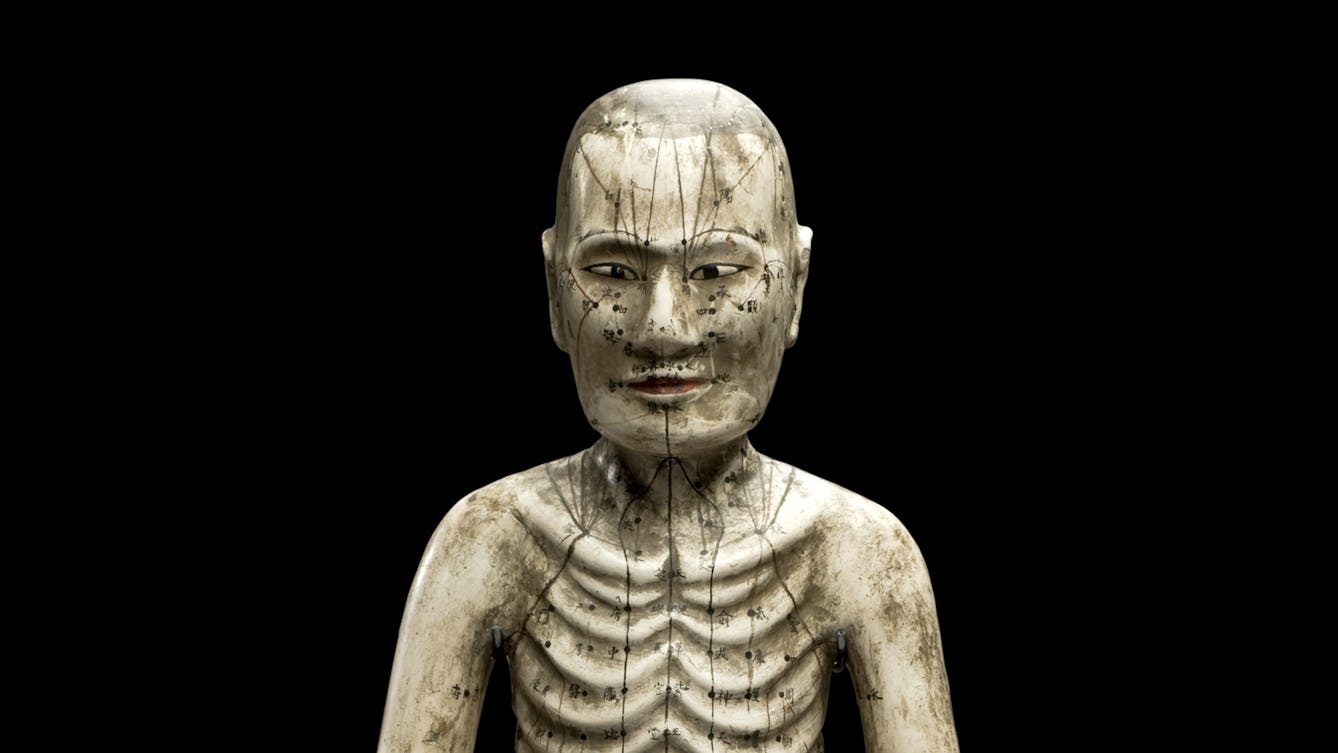
- Article
- Article
The Key to Memory: Mark it out
Sarah Bentley explores what a papier-mâché figure from Japan can tell us about how and why we remember.
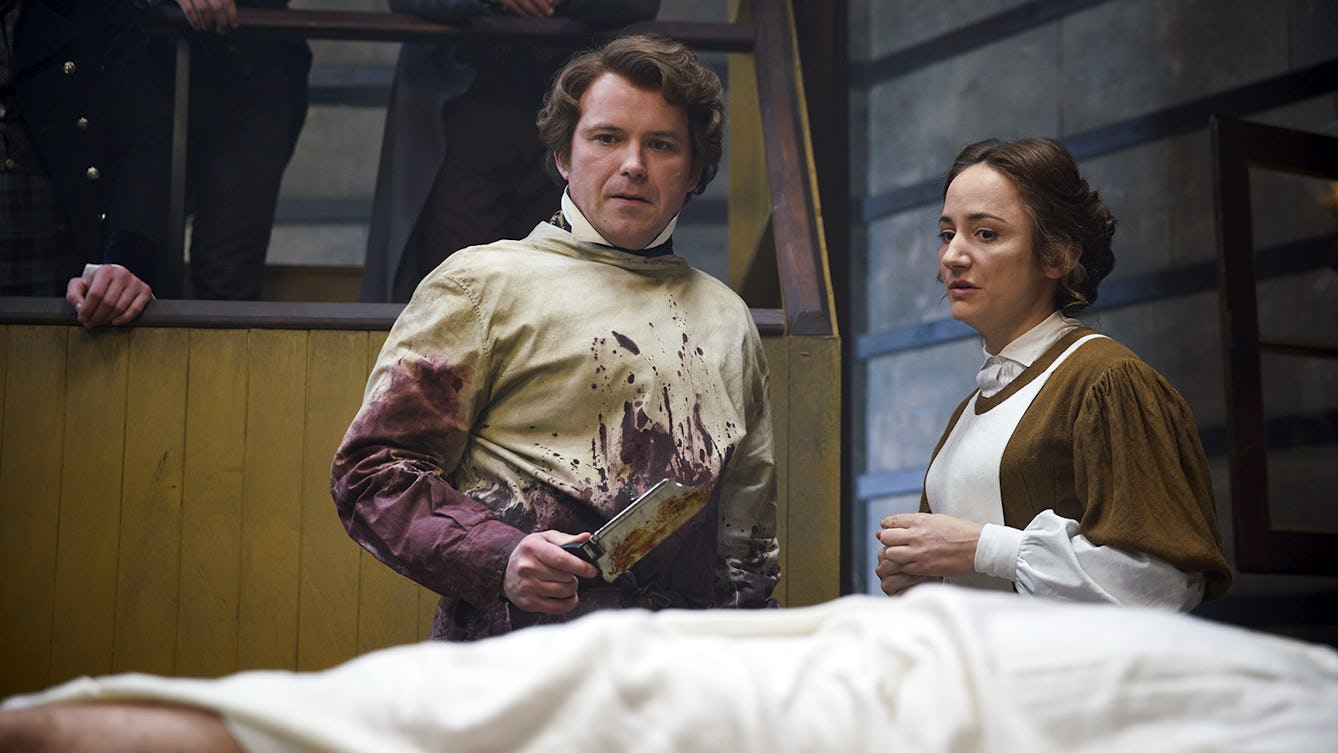
- Article
- Article
The making of ‘Quacks’
How do you create a medical comedy that’s authentic and laugh-out-loud funny?

- Comic
- Comic
Stressful hyperfixation
Sometimes, distraction is the best medicine.
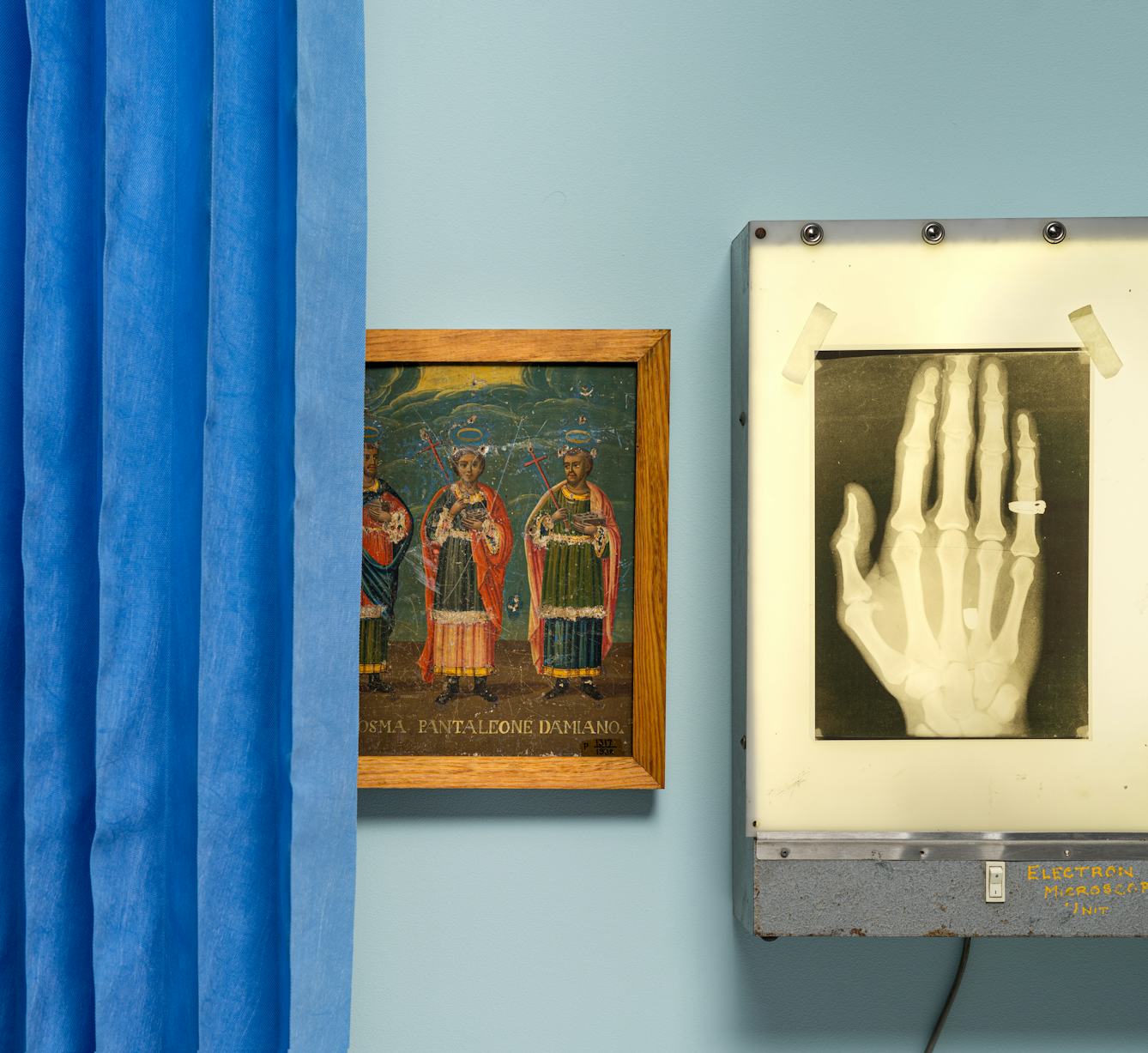
- Article
- Article
The ancient doctors who refused payment
The NHS might only be 70 years old, but the idea of free healthcare goes back to Ancient Greece, when devout doctors provided their services without charge.
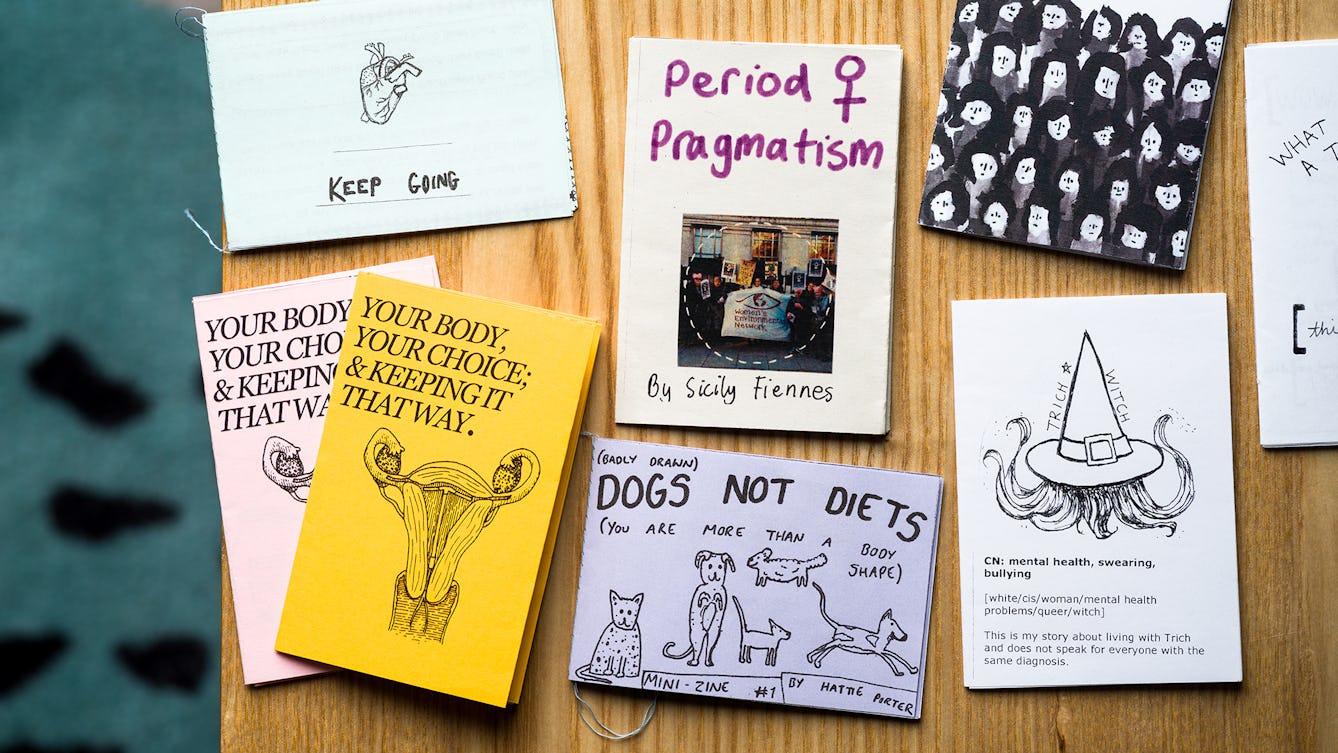
- Article
- Article
Six personal health zines that might change your life
Personal zines put health conditions back in the hands of the people who experience them. Here are six that Wellcome Collection staff love.
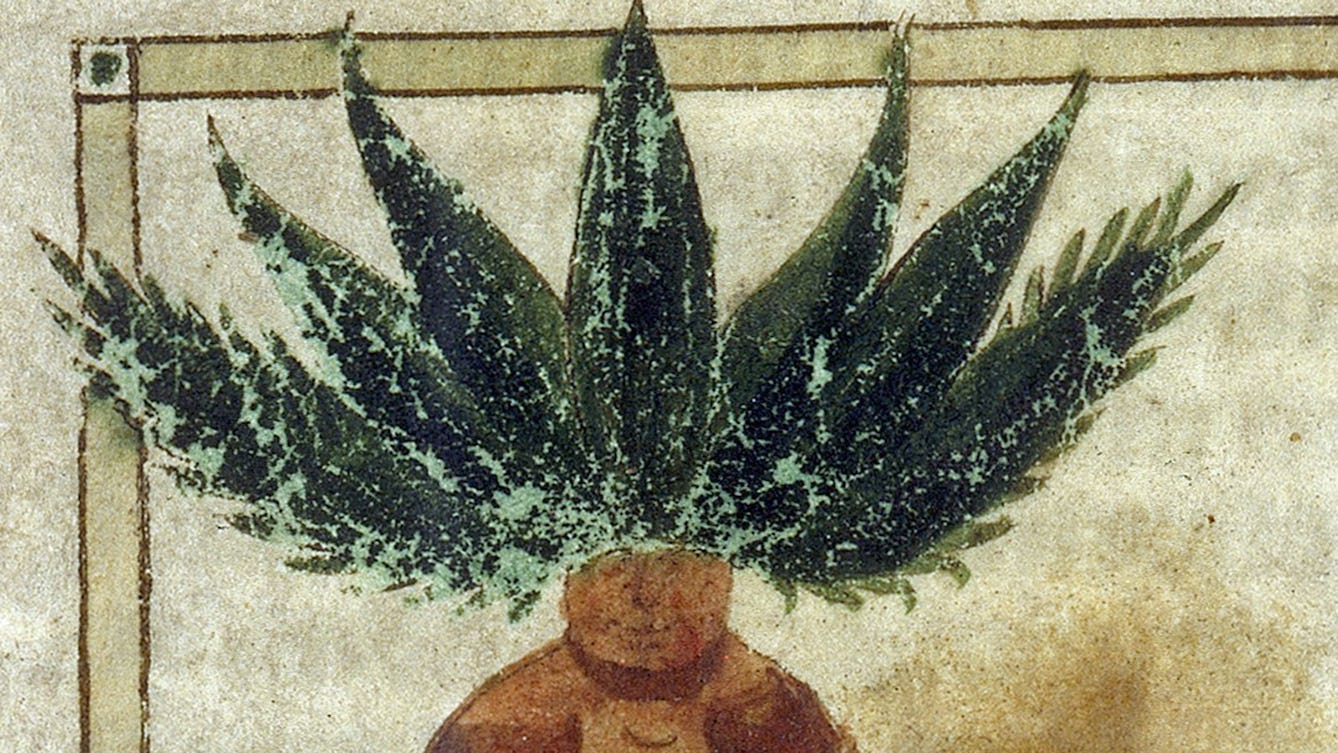
- Article
- Article
Plant portraits
The beautiful and mysterious illustrations in medieval herbals convey a wealth of knowledge about the plants they portray.

- Article
- Article
When monarchs healed the sick
Our current Queen fortunately doesn’t have to spend hours laying hands on the sick to cure them. But it was a different story for monarchs of the early modern era, whose touch was a sought-after treatment for scrofula.
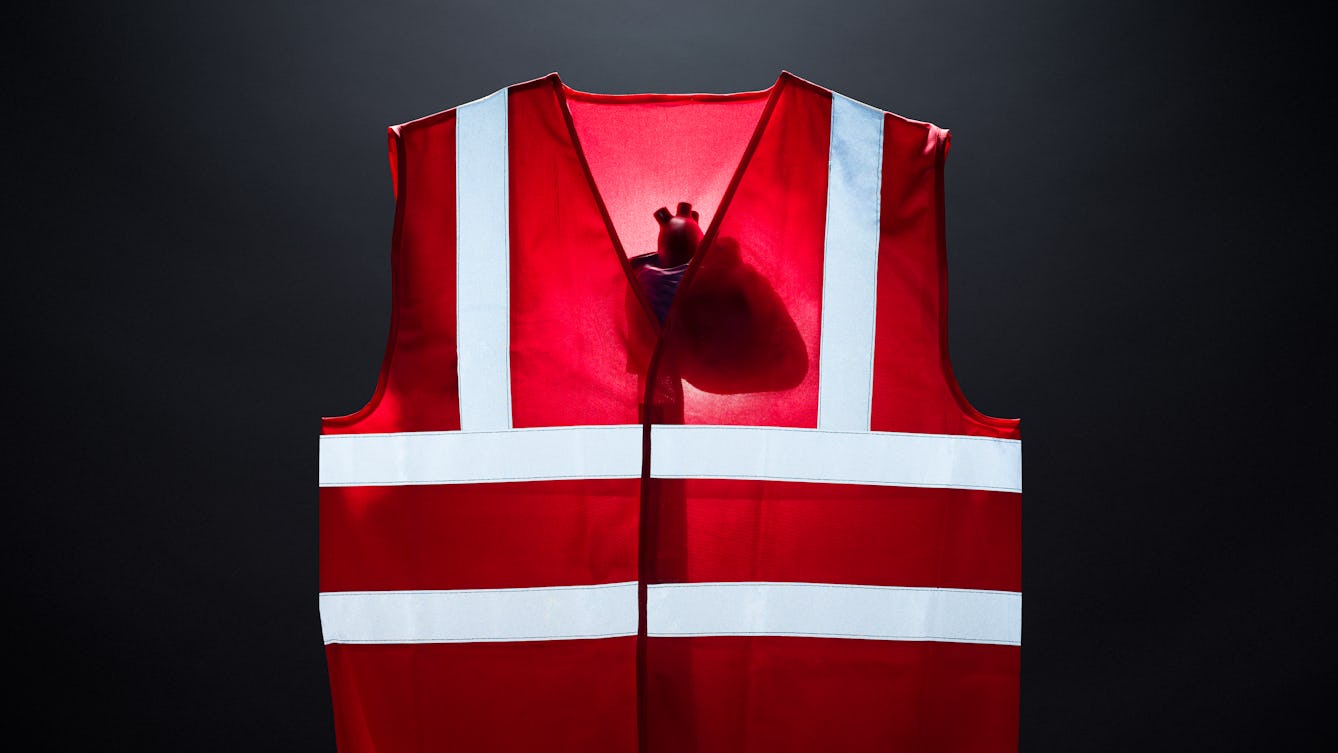
- Book extract
- Book extract
Healing hearts and saving lives
Cardiology is a prestigious specialism, known for its life-saving, heroic staff. But a doctor’s training eventually reveals other, less obvious ways to save lives.

- Article
- Article
Would you like to buy a unicorn?
The story behind why somebody tried to sell Henry Wellcome a unicorn head in 1928.
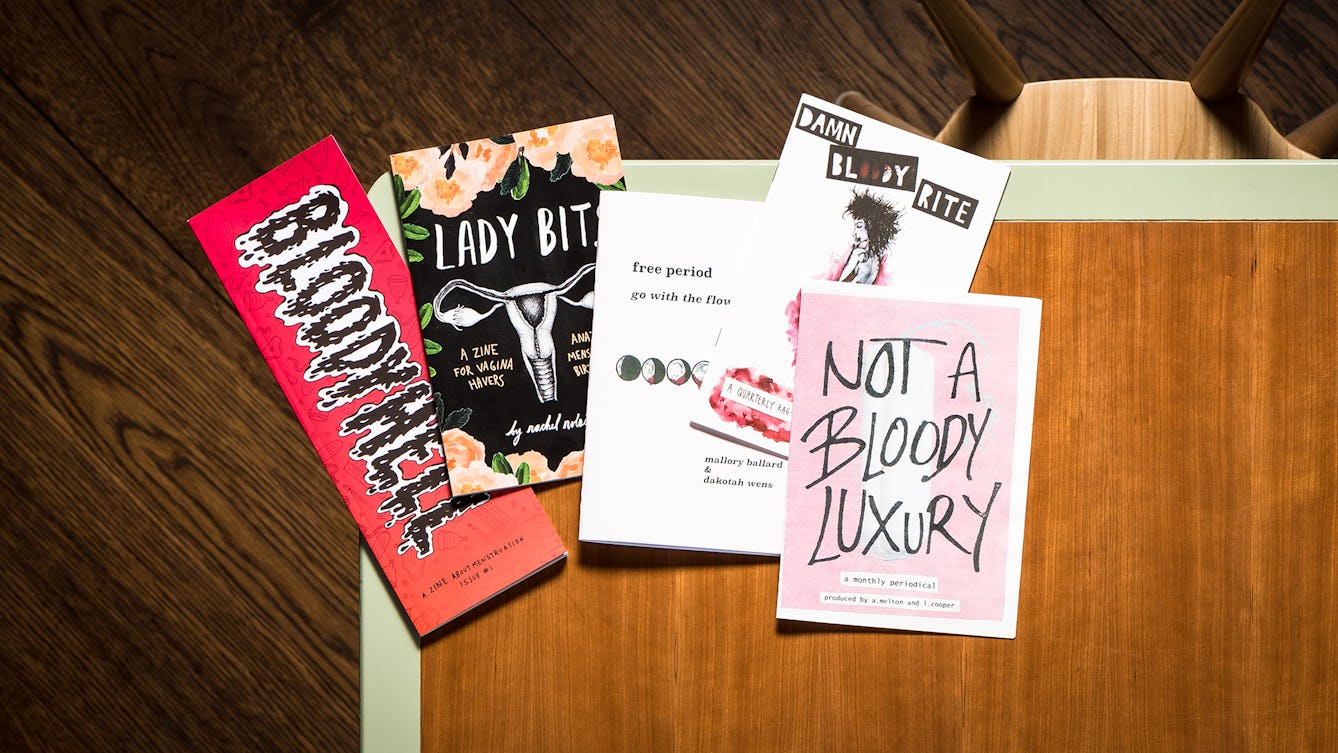
- Article
- Article
Rag mags and monthly issues: Five period zines to stop you seeing red
Using humour, personal experience and political activism to explore the bloody reality of menstruation.

- Article
- Article
Getting the measure of pain
In the 20th century doctors tried to find a way to measure pain. But even when ‘objective’ measures were rejected, an accurate understanding of another’s pain remained frustratingly elusive.

- Article
- Article
Cocaine, the Victorian wonder drug
Today, cocaine has a very poor public image as one of the causes of crime and violence. But for the Victorians it was welcomed as the saviour of modern surgery.

- Article
- Article
Epidemic threats and racist legacies
Epidemiology is the systematic, data-driven study of health and disease in populations. But as historian Jacob Steere-Williams suggests, this most scientific of fields emerged in the 19th century imbued with a doctrine of Western imperialism – a legacy that continues to influence how we talk about disease.

- Article
- Article
How hospital care fails disabled bodies
Hospitals aim to make sick people well. But if the sick person is also disabled, the unbending nature of monolithic hospital systems can easily worsen the situation. Here Jamie Hale writes from painful personal experience.

- Article
- Article
There’s more to gingerbread than ginger
‘Bake-Off’ finalist Mary-Anne Boermans treats us to the warm and enticing pleasures of gingerbread over centuries.

- Article
- Article
Getting sexy with cinnamon
Add some flavour to your love life with this spice. It will warm up more than just your buns.

- Book extract
- Book extract
The 200-year search for normal people
Sarah Chaney poses the question we’ve likely all asked at some point in our lives: 'Am I normal?’, and explores whether normality even exists.

- Article
- Article
Mask, ritual and fertility
Today many of us learn about fertility, conception and pregnancy online. But that wasn’t always the way. Discover how masks and rituals played an important educational role.